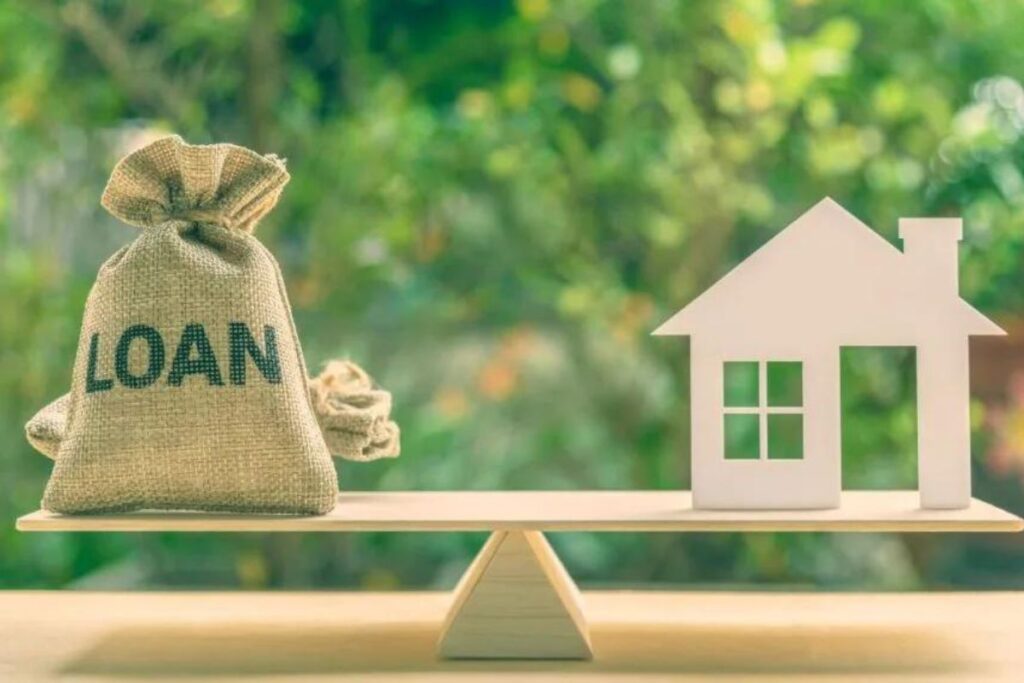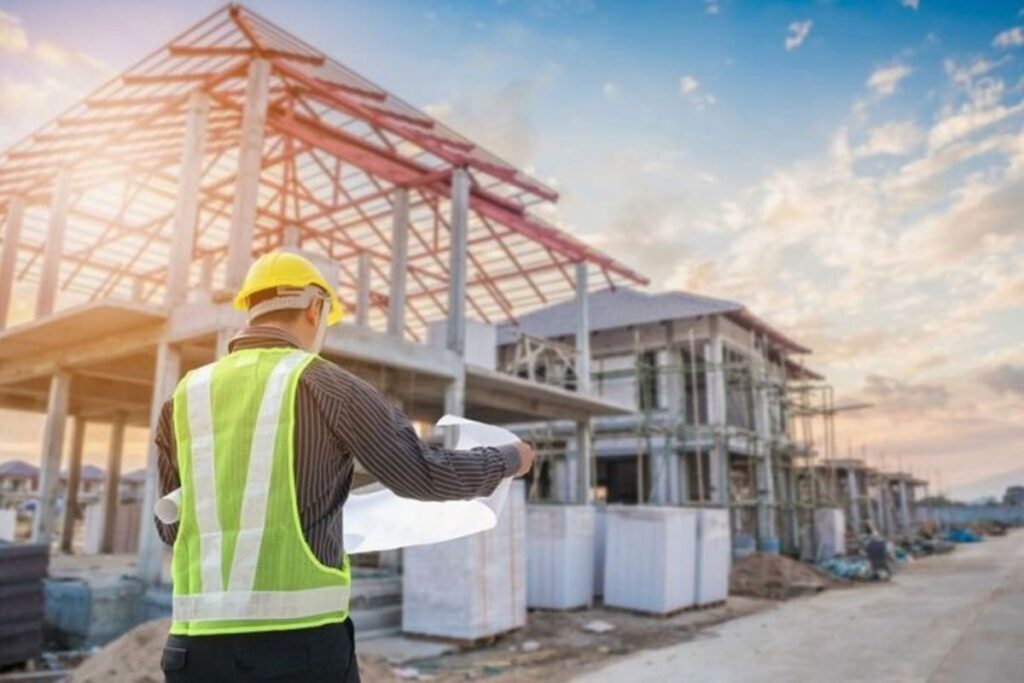Buying a new house is a significant life decision that requires careful planning and consideration. It’s not just about finding a place to live; it’s about investing in your future and ensuring that the property meets your needs and preferences. Whether you’re a first-time homebuyer or looking to upgrade to a larger space, there are several important factors to keep in mind throughout the process.
What Should You Consider While Buying A New House?
Before diving into the details, let’s establish what it means to buy a new house. It’s not merely a transaction; it’s a milestone, a symbol of progress, and a sanctuary where memories are made. Buying a new house signifies stability, growth, and the fulfillment of a dream for many.
Setting Your Budget

The first step in the home-buying journey is setting a realistic budget. Take a close look at your finances to determine how much you can afford to spend on a new house. Consider factors such as your income, savings, debts, and monthly expenses. Additionally, don’t forget to account for additional costs such as property taxes, homeowners insurance, and maintenance expenses.
Location, Location, Location

They say that location is everything in real estate, and for a good reason. The neighborhood you choose will have a significant impact on your daily life, so it’s essential to choose wisely. Consider factors such as the quality of schools, proximity to work, shopping, entertainment options, and overall safety and livability of the area.
House Size and Layout

When shopping for a new house, it’s crucial to consider the size and layout that will best suit your needs. Think about your current lifestyle and any future changes you anticipate, such as starting a family or working from home. Additionally, consider the potential for expansion or downsizing in the future.
Home Condition and Age

One of the decisions you’ll need to make when buying a new house is whether to opt for a newly constructed home or an existing one. Each option has its advantages and disadvantages, so it’s essential to weigh them carefully. Regardless of the age of the property, always invest in a thorough home inspection to uncover any potential issues before making a purchase.
Energy Efficiency and Sustainability

In today’s environmentally conscious world, energy efficiency and sustainability are essential considerations for many homebuyers. Look for features such as energy-efficient appliances, double-pane windows, and adequate insulation that can help reduce utility costs and minimize your carbon footprint.
Safety and Security

Feeling safe and secure in your new home is paramount. Research crime rates in the area and consider factors such as the presence of neighborhood watch programs, security systems, and well-lit streets when evaluating potential properties.
Resale Value

While it’s impossible to predict the future, considering the resale value of a property is a wise move when buying a new house. Look for neighborhoods with strong appreciation rates and properties with desirable features that are likely to attract future buyers.
Financing Options

Unless you’re independently wealthy, chances are you’ll need to secure financing to purchase a new house. Explore your mortgage options carefully, comparing interest rates, terms, and fees to find the best fit for your financial situation.
Legal Considerations

Navigating the legal aspects of buying a new house can be complex, so it’s essential to have a clear understanding of property laws and regulations in your area. Consider hiring a real estate attorney to guide you through the process and ensure that all necessary paperwork is completed correctly.
Homeowner’s Association (HOA)

If you’re considering buying a property in a planned community, be sure to research the homeowner’s association (HOA) rules and fees. While HOAs can offer benefits such as community amenities and property maintenance, they also come with rules and regulations that may not align with your preferences.
Future Development Plans

Keep an eye on future development plans in the area where you’re considering buying a new house. Upcoming projects such as infrastructure improvements or commercial developments can significantly impact property values and quality of life.
Emotional Factors

While it’s essential to approach buying a new house with a practical mindset, don’t underestimate the power of emotions in the decision-making process. Trust your instincts and visualize yourself living in the space to ensure it feels like home.
Negotiating the Purchase

Once you’ve found the perfect house, it’s time to make an offer. Work with your real estate agent to make a competitive offer based on market conditions and the condition of the property. Be prepared to negotiate with the seller on price, repairs, and any contingencies to ensure a smooth transaction.
Conclusion
Buying a new house is a significant milestone that requires careful consideration of various factors. By setting a budget, choosing the right location, evaluating the size and condition of the property, and considering factors such as energy efficiency, safety, and resale value, you can make an informed decision that meets your needs and preferences.
Frequently Asked Questions (FAQs)
What should I prioritize when buying a new house?
Focus on factors such as location, size, condition, and resale value to ensure you’re making a sound investment.
How much should I budget for additional costs when buying a new house?
It’s essential to budget for expenses such as property taxes, homeowners insurance, maintenance costs, and closing fees, in addition to your down payment and mortgage payments.
What should I look for during a home inspection?
Pay close attention to the structural integrity of the property, the condition of major systems such as HVAC and plumbing, and any signs of water damage or pest infestation.
Should I buy a newly constructed home or an existing one?
Both options have their advantages and disadvantages, so consider factors such as your budget, timeline, and personal preferences when making your decision.
Do I need to hire a real estate attorney when buying a new house?
While it’s not required, hiring a real estate attorney can provide peace of mind and ensure that all legal aspects of the transaction are handled correctly.







